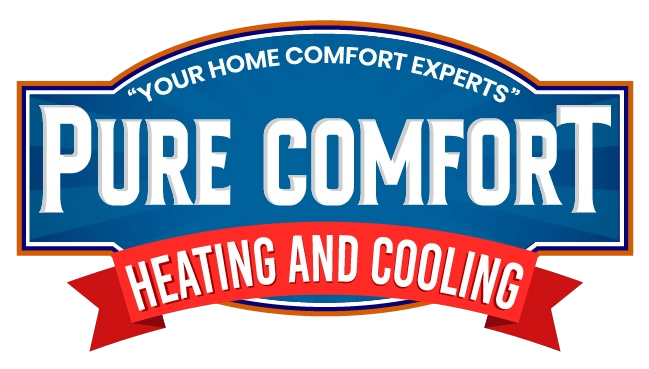
Ever done a double take when you took a look at your last energy bill? Even though high energy bills can be the end result of extreme weather events, repeatedly high bills can also signify an inefficient HVAC system or your home is using too much energy by other means, including drafty windows or inadequate insulation.
One of the easiest ways to identify whether your home is wasting energy is by getting a home service expert to perform a home energy audit, also called a home energy assessment. Keep reading to find out more about home energy audits, including what they are and their advantages.
What Is a Home Energy Audit?
An energy audit is a thorough inspection of how much energy your home uses up and whether – and where – your home might be losing or wasting energy. An inspector will review older energy bills while completing an energy audit to determine where energy is being used and how much.
The ultimate goal of an energy audit is to help homeowners save money on their energy bills by suggesting energy-efficient renovations, which might include swapping out your current HVAC system, adding new insulation, plugging up leaks, or replacing old windows.
While completing the energy assessment, the auditor carries out an inspection of the outside and inside of your home. The auditor completes a blower door test on doorways, windows and fireplaces to determine if there are air leaks in your home. They’ll also check your home’s HVAC system, which also includes the ductwork, the water heater, and the insulation in your attic. Some assessments could also include reviewing your current lighting system.
Benefits of a Home Energy Audit
It can be tough for the typical homeowner to be sure how efficient their home is compared to other similar homes in their neighborhood. However, local energy companies often offer information about where your home is ranked when compared with similar homes and whether it’s more efficient, about average, or inefficient in contrast with your neighbors’ homes. This is a useful starting point to determine if you need an energy audit scheduled.
Some of the benefits of a home energy audit include:
Recognizing How Efficient Your Home Is
It’s good to learn more about how efficient your home is and where you’re using the most energy. For example, if your ducts are damaged, it will lead to a sizable increase in your energy bills and additional wear and tear on your HVAC system since it has to work longer to completely heat or cool your home.
Making Energy-Efficient Improvements
An energy audit can expose where you need to make energy-efficient changes to save on energy and decrease utility bills. This might include replacing worn-down weatherstripping or getting a new energy-efficient furnace.
Enhancing Health and Safety
Enabling air to slip into your home through doors and windows, or as a result of a lack of insulation can cause unwanted moisture to form, which could negatively influence your home’s humidity levels or lead to mold. This can exacerbate health conditions, particularly for people suffering from asthma or allergies.
Raising Your Home’s Retail Value
Energy-efficient homes are desired by homebuyers. You can sell your home more quickly or for more money by demonstrating to potential buyers that it’s energy efficient.
How to Do an Energy Audit of Your Home
Although handling an energy audit on your own will not be as thorough as hiring a professional, it’ll offer a general sense of how energy efficient your home is. If you don’t discover any problems during the DIY test, then you likely don’t need to bring in a professional. Follow this step-by-step checklist:
- Inspect your HVAC system. Damaged ducts can lose nearly 20% of conditioned air, contributing to steeper energy bills and greater strain on HVAC equipment. If you notice leaks, use duct tape to seal them. If your HVAC equipment is old and wearing down, upgrading to a new system can save you a significant amount on your energy bills. In some cases, it can be better to hire a reputable HVAC company to inspect your system.
- Look for air leaks. Air leaks on average can increase your energy bills by 10 to 20%. Inside, look for air leaks in areas where there is a draft, including along the edge of flooring and along baseboards and electrical outlets. Outside, you can inspect for air leaks in the home’s foundation, siding and mortar. Plug, caulk or seal any air leaks to save money.
- Examine insulation. If your home is older, it could mean your insulation is too. If you can see the joists, you likely need more insulation.
- Check ventilation. Ensure that all of your kitchen and bathroom exhaust fans are functioning properly, and look for evidence of rot or moisture.
Contact Pure Comfort Heating and Air Conditioning for a Professional Energy Audit
If you would like professional help figuring out how energy efficient your heating and cooling equipment is, contact the HVAC professionals at Pure Comfort Heating and Air Conditioning today. We’ve proudly serviced the residents of Streamwood with quality home services for years. Contact us today to request an appointment.

